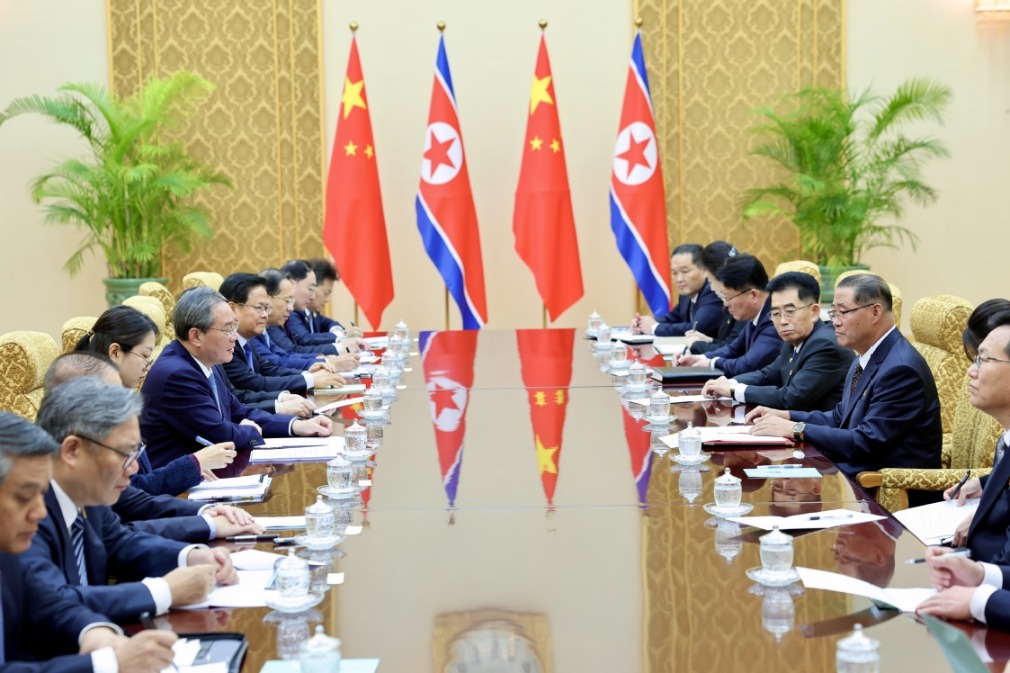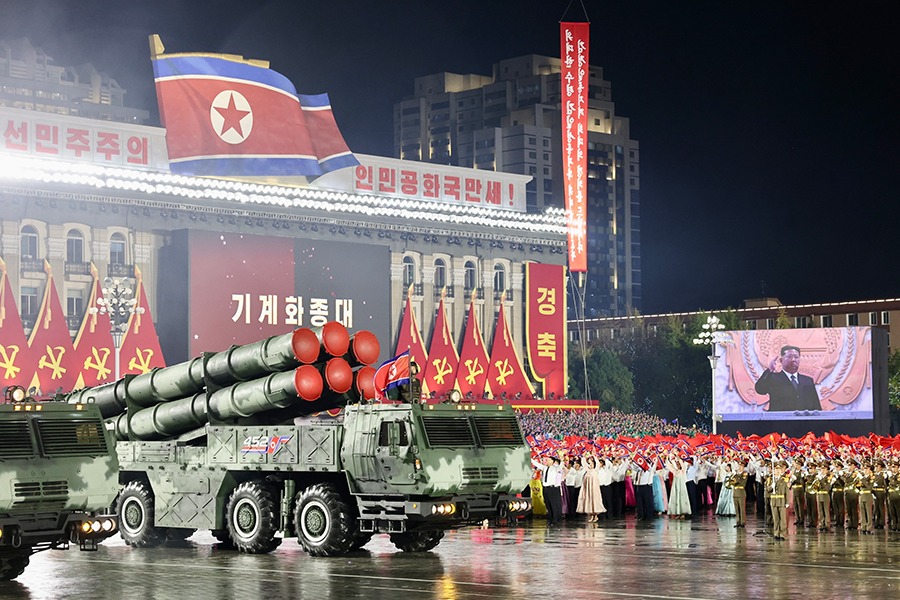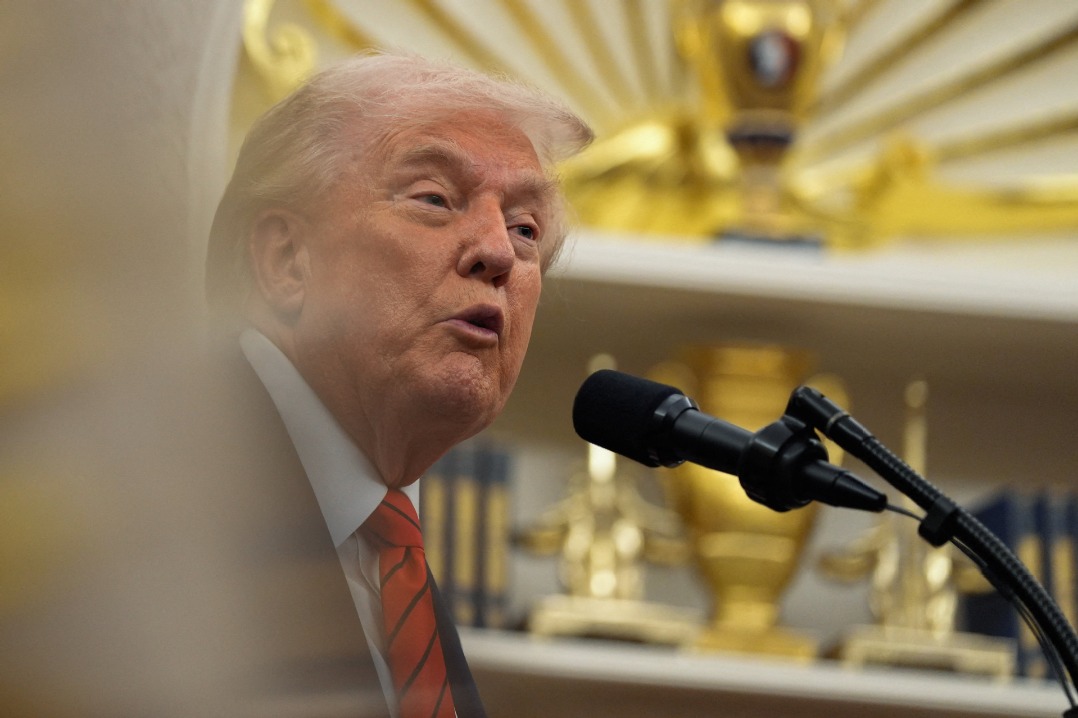Europe's Huawei response was measured


China's tech giant Huawei last month announced a 20 percent surge in revenue, topping $100 billion and putting itself on a level with Google and Microsoft.
The Shenzhen-based multinational is now among the top handful of the world's most famous companies - but not always for the right reasons. In the past year, its brand has been caught up in a bitter trade dispute with the US and wider suspicions about China's dominant role in global telecommunication systems.
Bans on the use of Huawei equipment, a series of high-profile court cases, and even the arrest of a top executive have dominated foreign coverage of the company.
In March, Huawei announced it was suing the US in a Texas court over an administration ban on US government agencies buying the company's equipment or services.
Elsewhere, however, even among US allies, there appears to be little appetite for being dragged into a conflict in which Washington seeks to use Huawei as a pawn in its wider dispute with Beijing.
In the face of US accusations that Huawei is part of a vast Chinese plot to spy on the rest of the world, the European Union has taken a more relaxed view, telling member states last month that it is up to them to choose whichever equipment maker they like.
That announcement came after member states, including Germany, had said they were not going to bow to US pressure to boycott Huawei, despite Washington's threats to curb intelligence-sharing with those who use Huawei's equipment.
The reality is that Huawei is an essential player in providing the building blocks of 5G telecoms technology that will further enable the so-called "internet of things" and the next phase of the tech revolution that will see the emergence of "smart" machines to enhance transport, industrial production, safety, and medicine.
Although the Europeans and others have rejected Washington's conspiracy theories about Huawei's alleged role in global Chinese surveillance, governments are quite rightly insisting that equipment used in such a strategically important field must be secure.
In March, the UK government issued a report underlining continuing concerns about alleged vulnerabilities in Huawei security measures that could allow a hostile third party to access private data.
Huawei's chairman, Guo Ping, responded by saying that during the past 30 years the company has proved to have the best security record in the industry. But, as added assurance, he said Huawei will spend $2 billion during the next five years on enhancing its software engineering to ensure they are secure and trustworthy.
A company spokesperson told the BBC Huawei was grateful for the UK feedback and gave an assurance that cybersecurity remains its top priority.
The UK report and Huawei's response were perhaps a salutary reminder that security concerns can be addressed in a cooperative and rational way, rather than by swapping accusations.
Huawei, meanwhile, welcomed the EU's even-handed approach to the security issue, which recognizes member-State concerns without mandating any European ban on Huawei.
The European Commission wants each member state to complete a national 5G risk assessment by the end of June. These reports will form the basis for a Europe-wide assessment by October.
Abraham Liu, chief representative of Huawei to the European institutions, responded in a statement welcoming the European initiative.
"We are firmly committed to continue working with all regulators and partners to make the 5G rollout in Europe a success," he said.
Wang Yanhui, secretary-general of the Mobile China Alliance, described the measured European stance as a blow to US efforts to discourage its allies from using Huawei products.
The Chinese company is already well-entrenched in European 4G markets and has partnerships with Europe's leading mobile operators. Europe could get by without Huawei but that would seriously set back the roll-out of 5G technology.
In those circumstances, regulators do not appear to be ready to boycott the company merely because it is Chinese or merely because Washington says so. The European message is that decisions will be made on the basis of facts, rather than suspicions.
Huawei, meanwhile, has adopted the stance of any successful company by acknowledging the concerns of its customers and promising to take action to fix any shortcomings.
It is also at pains to remind its foreign partners and end-users that it is a private company wholly owned by its employees.
"No government agency or outside organization holds shares in Huawei," the company insists.
Underlining its global credentials and role, the company points out: "We have nearly 188,000 employees, and we operate in more than 170 countries and regions, serving more than three billion people around the world."
Harvey Morris is a senior media consultant for China Daily UK

































